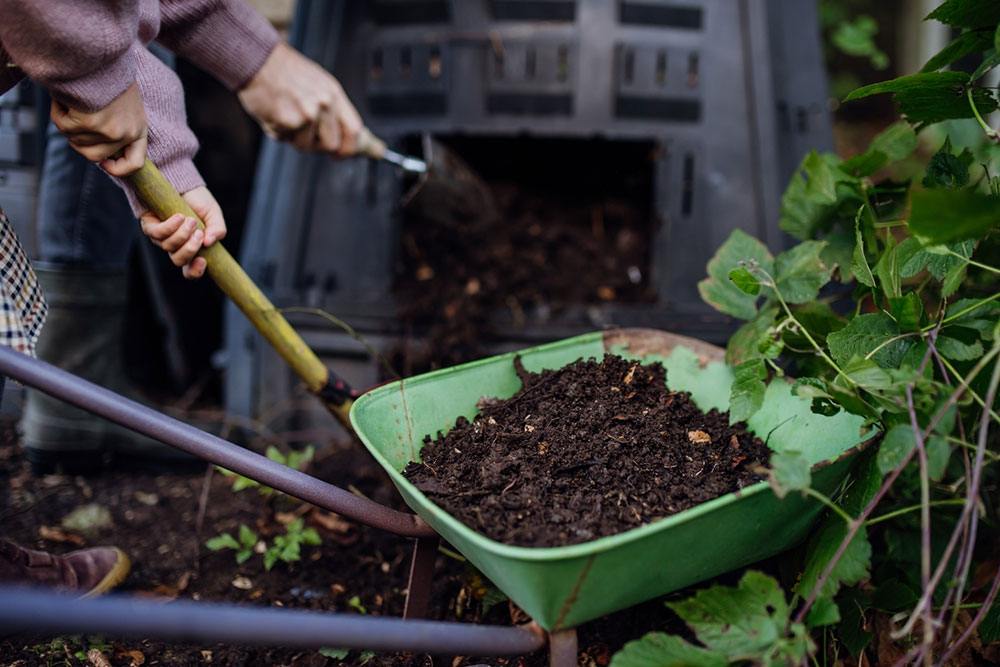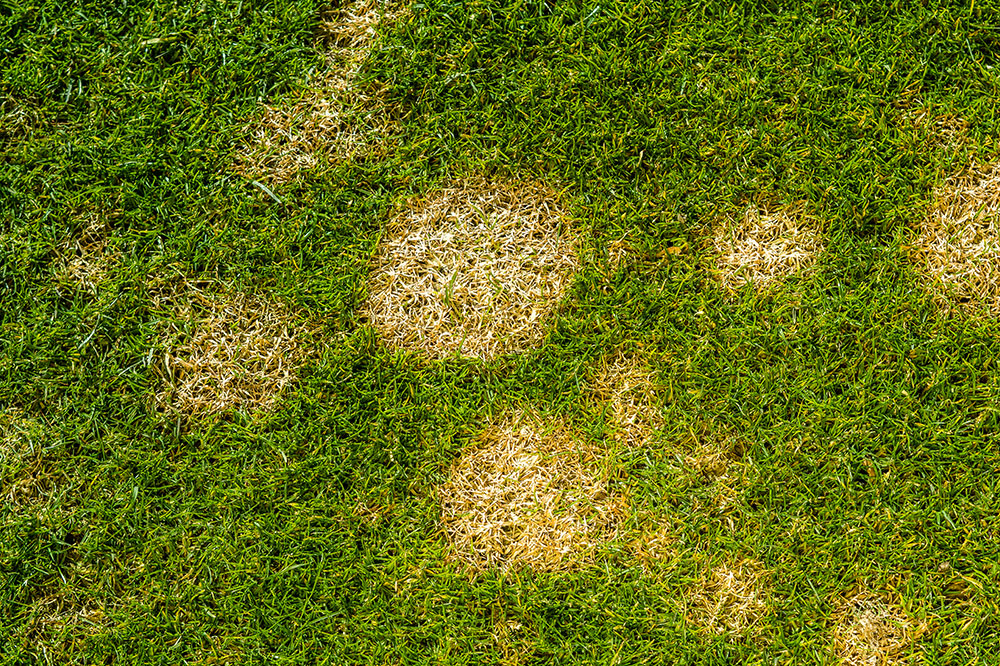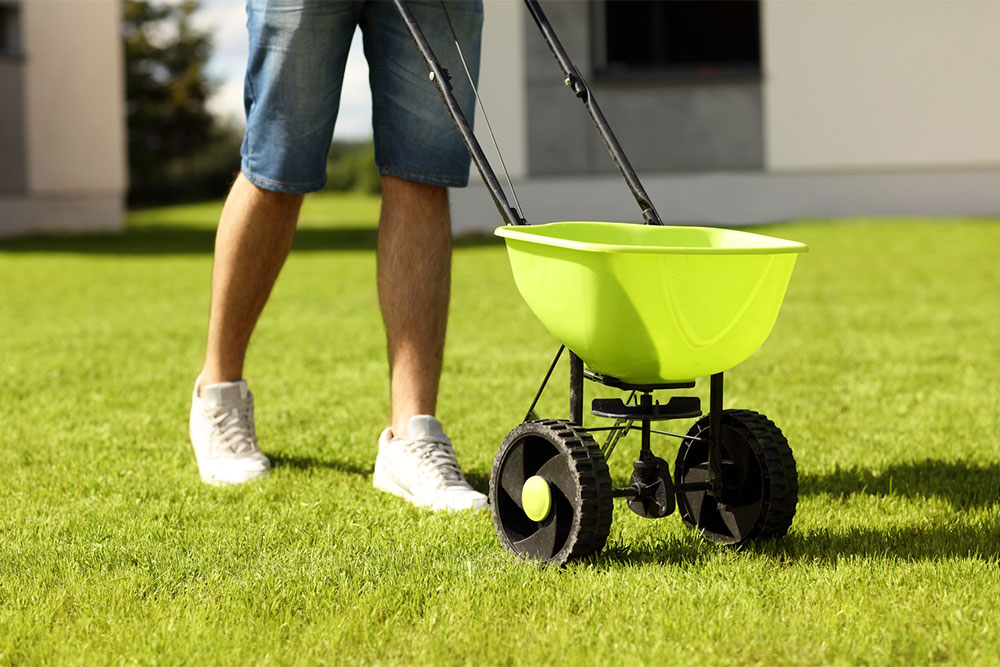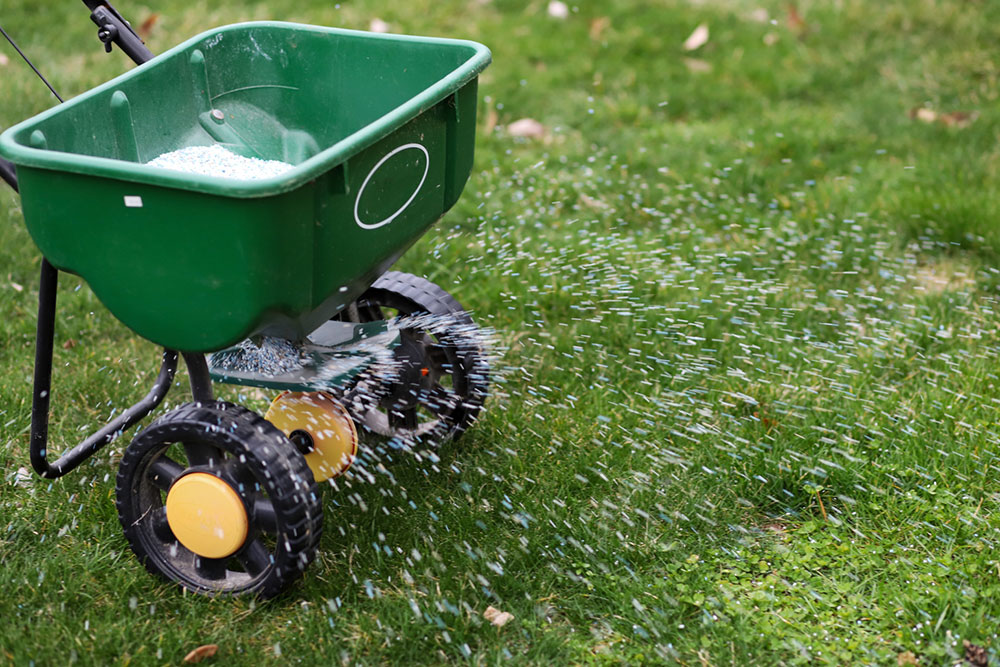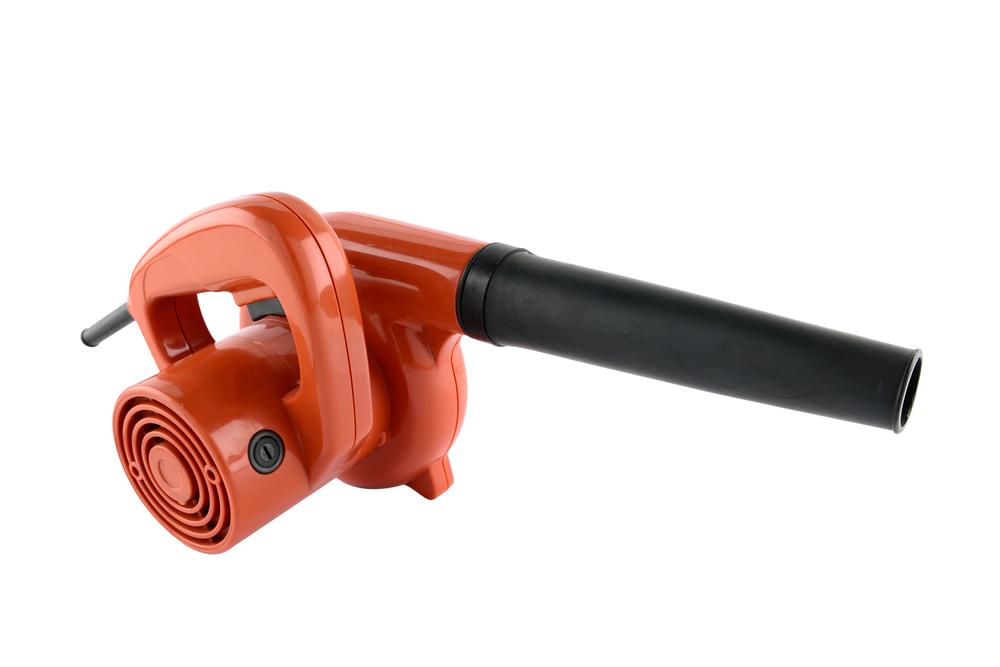Top 7 Natural Fertilizers for a Thriving Garden
Discover the top seven natural fertilizers to boost your garden's productivity. From manure and compost to bone meal and eggshells, learn how these organic options can enhance soil health, promote plant growth, and support sustainable gardening practices. Proper fertilizer selection, based on soil analysis, ensures healthy crops and a thriving garden ecosystem. Embrace eco-friendly methods to improve soil fertility naturally and achieve lush, robust plants while protecting the environment.
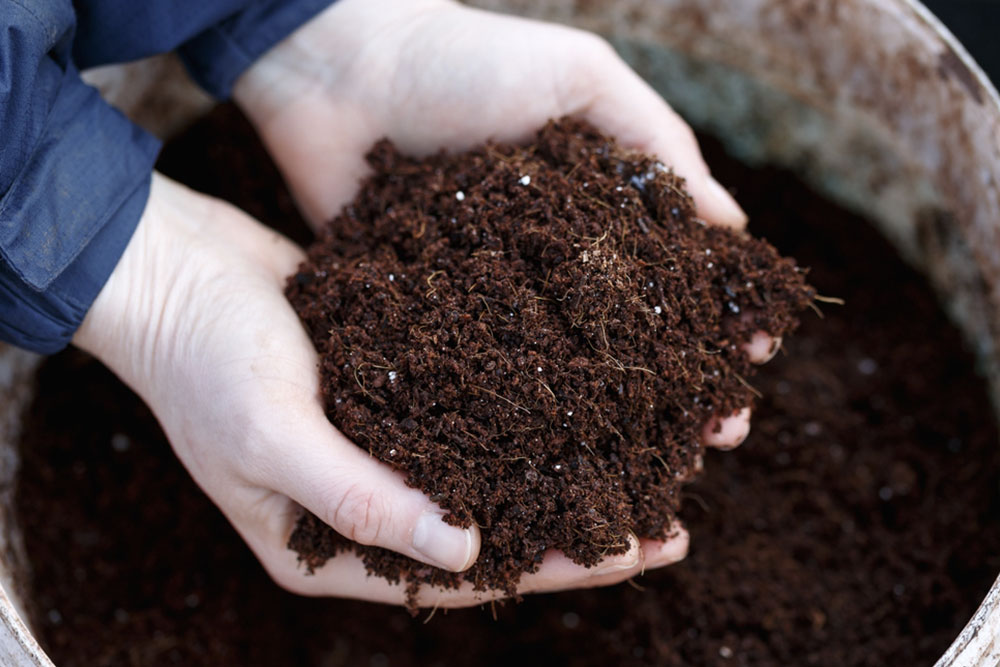
Top 7 Natural Fertilizers for a Thriving Garden
Providing proper nutrition to your garden plants is essential for healthy growth and soil vitality. Enriching soil naturally with organic fertilizers is one of the most effective ways to restore vital nutrients and boost plant health. These eco-friendly options enhance soil fertility and promote abundant yields, all while maintaining environmental balance.
What are organic fertilizers?
Organic fertilizers are natural amendments crafted from plant, animal, or mineral sources, tailored to meet your garden’s unique nutritional needs. They help strengthen plants and improve soil conditions naturally, offering a sustainable approach to gardening.
Using organic supplements nurtures the soil and provides plants with essential nutrients while bolstering their resistance to pests and diseases.
Best Organic Fertilizers for Your Garden
Quality soil is fundamental for vibrant plants. It supplies key nutrients and improves soil structure and drainage. Here are some top soil conditioners to help you develop a balanced and healthy garden.
Manure
Manure, derived from animal waste such as cow, chicken, and goat dung, is a primary natural fertilizer. It enriches soil with nitrogen and other vital nutrients.
Cow manure
A versatile option with lower nitrogen levels, slowly releasing nutrients.
Chicken manure
Known for its high nitrogen content, it encourages vigorous growth.
Goat/Sheep manure
Dried and odour-controlled, it is easy to apply and promotes healthy development.
Rock phosphate
Made from finely ground rocks, this organic fertilizer supplies phosphates and other minerals. Unlike soluble fertilizers, these nutrients slowly release into the soil, providing long-term benefits.
Compost
Decomposed organic matter generated through composting includes plant waste, kitchen scraps, and animal manure. It gradually enriches the soil and can be applied directly or used as a foliar spray via compost tea.
Grass clippings
Grass cuttings from your lawn can be repurposed as organic fertilizer and mulch that blocks weeds. Rich in nitrogen, they help stimulate plant growth.
Bone meal
Derived from steamed animal bones ground into a fine powder, bone meal supplies strength and essential nutrients to plants, fostering microbial activity and improving soil texture.
Earthworm castings
Earthworm excretions are nutrient-dense and enhance soil aeration. They support vigorous flowering and vegetable growth by making nutrients more accessible.
Eggshells
Crushed eggshells serve as a natural calcium supplement, reducing soil acidity and strengthening plant cell walls. Rinse, dry, and powder them before use.
Factors to Evaluate Before Selecting Fertilizers
Choosing the right organic fertilizer depends on soil tests and specific plant needs. Consider factors such as:
Soil Texture
Understanding whether your soil is sandy, loamy, or clayey helps determine nutrient retention and drainage capabilities.
Soil pH Level
Opt for fertilizers that suit your soil’s acidity or alkalinity. A neutral pH (6.5-7) is generally ideal for most plants.
Nutritional Requirements
Assess your soil for major nutrients—Nitrogen (N), Phosphorus (P), and Potassium (K)—as well as microelements like iron, zinc, and manganese to optimize fertilization.
Summary
Maintaining fertile soil is challenging but achievable with organic fertilizers. They support sustainable gardening by nourishing the soil and fostering a resilient, balanced ecosystem for your plants to thrive.

